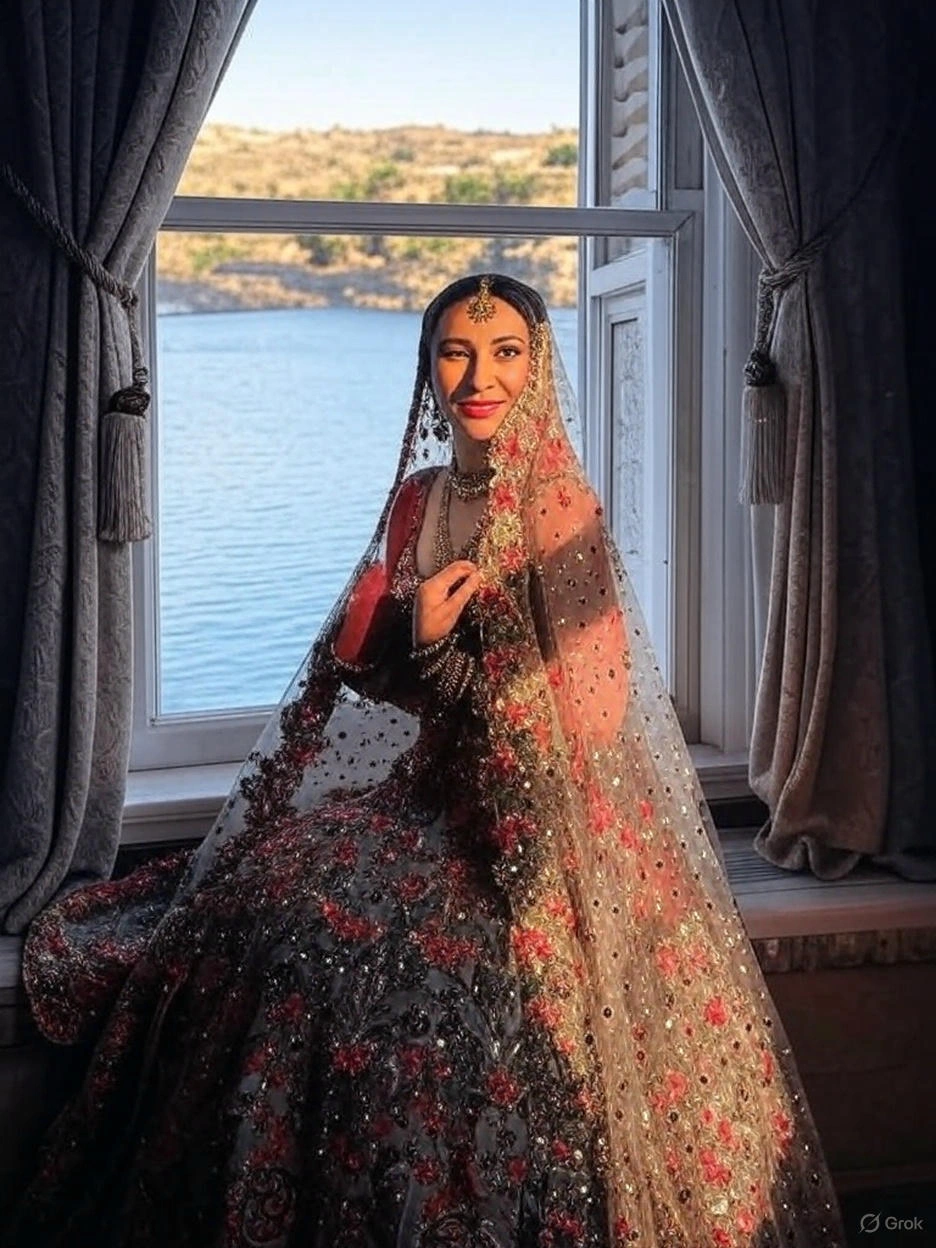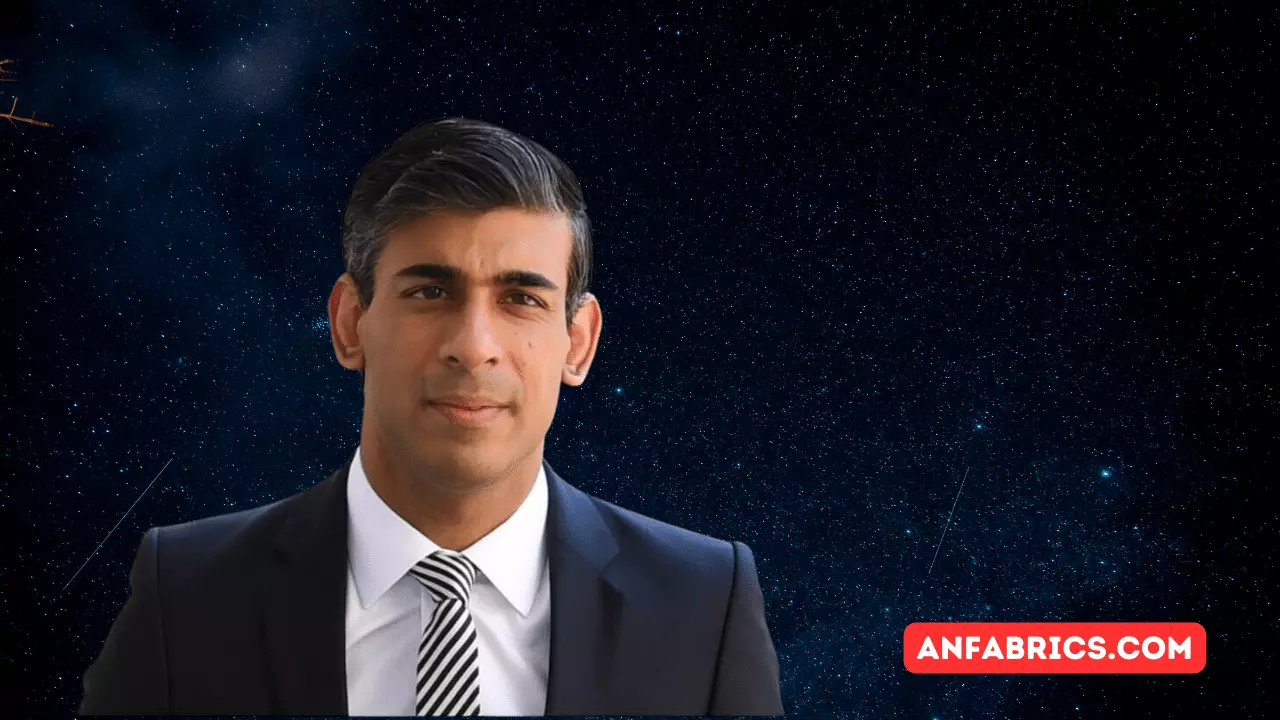Tariq Jameel: Championing Women’s Rights In Divorce
Explore how Tariq Jameel advocates for women’s rights in divorce. Join the conversation for societal change in Pakistan!
In this blog post, we delve into the societal and religious perspectives surrounding divorce in Pakistan, with a particular focus on the teachings and advocacy of Maulana Tariq Jameel, a prominent religious figure. Jameel’s views on women’s rights, especially in the context of divorce, have been instrumental in challenging the status quo and fostering a more empathetic understanding of the struggles faced by divorced women in Pakistan.
Hafiz Ahmed Podcast Featuring Molana Tariq Jamil
Divorce in Pakistan: A Societal Taboo
In Pakistan, divorce is often viewed as a taboo, particularly for women. This perception is not confined to rural areas but is also prevalent in urban centers. Women who have undergone divorce are frequently denied a second chance at happiness, with their legal and religious rights often overlooked. This societal stigma can lead to a life of isolation and despair for many women.
Tariq Jameel: A Voice for Women’s Rights
Maulana Tariq Jameel, a well-known religious figure in Pakistan, has consistently advocated for women’s rights, emphasizing the legal rights that Islam grants to women. He has been particularly vocal about the rights of divorced women, challenging societal norms and advocating for change.
Jameel shared an incident where a university student, who was a divorcee, asked him why he hadn’t specifically addressed the problems of divorced women. This question led him to reflect on the societal pressures that divorced women face and the need for religious leaders to address these issues more directly.
The Rising Divorce Rate: A Call for Change
Jameel also discussed the reasons for the increasing divorce rate in Pakistan, attributing it to poor behavior during relationships, primarily from the in-laws. He encouraged parents of divorced daughters to treat them well, stating that doing so is a significant act of charity (Sadqa).
This perspective highlights the need for a shift in societal attitudes towards divorce and the role of family members in supporting women through this challenging process.
The Role of Society: Changing Norms and Attitudes
One of the key questions that arise from this discussion is how societal norms and pressures in Pakistan can be changed to allow divorced women a second chance at happiness. It is clear that societal attitudes need to evolve to recognize the rights and dignity of divorced women.
Religious leaders like Tariq Jameel can play a crucial role in this transformation by using their influence to challenge harmful norms and promote a more compassionate understanding of divorce.
The Influence of Religious Leaders: A Catalyst for Change
The messages of religious figures like Maulana Tariq Jameel can be highly impactful in changing societal attitudes towards divorced women. By emphasizing the rights that Islam grants to women and advocating for their fair treatment, religious leaders can help reshape societal norms and attitudes.
The Importance of Family Support: A Pillar of Strength
Family support is crucial during and after a divorce. Parents and in-laws can play a significant role in helping their daughters and daughters-in-law navigate this challenging period. By providing emotional support and ensuring that their rights are respected, families can help women rebuild their lives after divorce.
In conclusion, the teachings and advocacy of Tariq Jameel serve as a beacon of hope for divorced women in Pakistan. By challenging societal norms and advocating for women’s rights, Jameel is helping to foster a more compassionate and understanding society.
-

Your Dream Malta Wedding: Capturing Every Moment with a Professional Photographer
Capture your dream Malta wedding with stunning photos by a professional Malta wedding photographer. Timeless memories await!
-



Why Salon Ellisium is the Best Choice for Hair Coloring in Iași
Experience stunning hair coloring at Salon Ellisium in Iași with natural dyes in a luxurious, welcoming salon. Book now for vibrant, healthy hair!
-



Anoushey Ashraf Wedding Pictures: A Stunning Turkey Celebration
See Anoushay Ashraf’s beautiful wedding in Turkey with stunning pictures capturing the glam, love, and celebration.
-



Christmas Lights: A Festive Lifestyle Essential
Christmas lights are more than just decorations – they are a key part of the holiday lifestyle. The soft, twinkling glow of these lights fills homes with warmth and joy, creating a festive atmosphere that brings people together. In this post, we’ll explore the ways Christmas lights elevate our lifestyles, highlight popular trends for the…
-



Khaqan Shahnawaz: A Rising Star In Pak’s Entertainment Industry
Explore the inspiring journey of Khaqan Shahnawaz, a rising star in Pakistan’s entertainment industry. Dive in now!
-



Hina Chaudhry: A Rising Star of Pakistani Entertainment
Explore the inspiring journey of Hina Chaudhry a successful actress, model and a shining star of Pakistani entertainment.
-



Tariq Jameel: Championing Women’s Rights In Divorce
Explore how Tariq Jameel advocates for women’s rights in divorce. Join the conversation for societal change in Pakistan!
-



Maulana Tariq Jameel’s Unique Relationship with His Parents
Explore Maulana Tariq Jameel’s unique bond with his parents and learn valuable parenting insights. Click now!
-



Rishi Sunak: The Journey from Southampton to 10 Downing Street
Discover Rishi Sunak’s inspiring journey from Southampton to Prime Minister. Learn about his impact on the UK’s economy during COVID-19!
-



Yousuf Goth Bus Terminal: A Mesmerizing Review
Discover the enchanting Yousuf Goth Bus Terminal in Karachi City! Explore its mesmerizing beauty, vibrant buses, and convenient services.
-



Vlog Review: Styling Tips for Skinny Legs – Flattering Fashion Advice for Skinny Girls – Fashion Guide
Unlock flattering fashion advice for skinny girls with our vlog review on styling tips for skinny legs. Enhance your fashion game! #VlogReview #SkinnyLegsStyling #FashionGuide #FlatteringFashionAdvice
-



Vlog Review: Breaking Free from Expectations – Discovering True Happiness and Authenticity
Break free from expectations and discover true happiness and authenticity in our vlog review. Embrace your journey! #VlogReview #BreakingFree #TrueHappiness #Authenticity
-



Vivo Y23 Prices and Specifications – An Fabrics
Discover the prices and specifications of Vivo Y23 – a fabulous smartphone. Experience top-notch features and stylish design with An Fabrics.
-



Boho TV Stands and Entertainment Centers – An Fabrics
Elevate your entertainment space with Boho TV stands and entertainment centers. Explore the stylish collection at An Fabrics and transform your living area.








